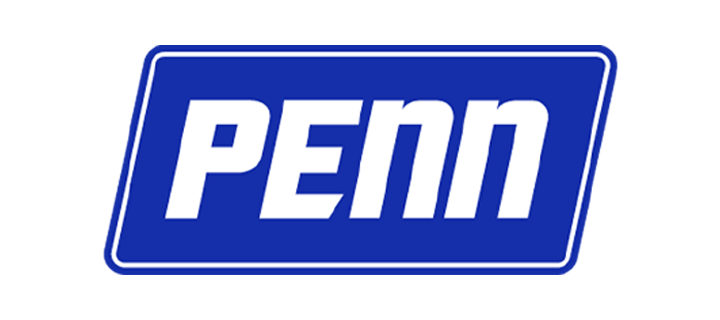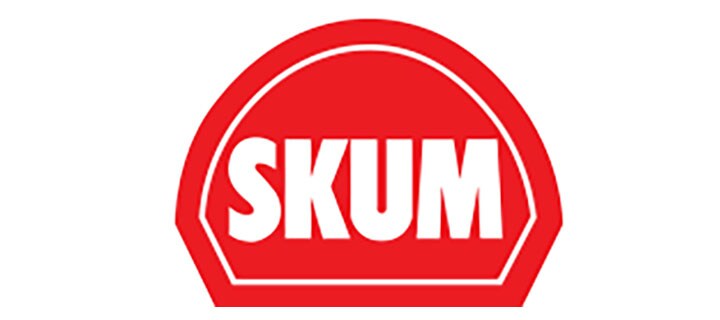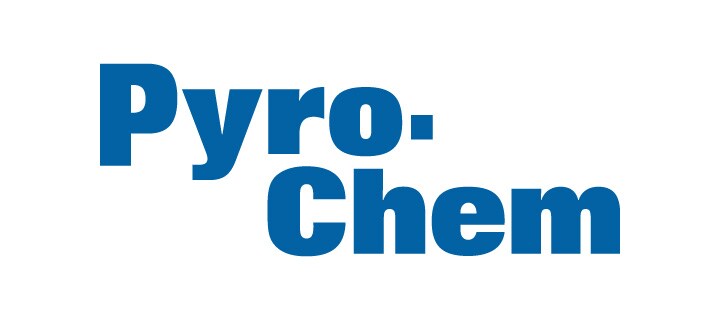- Johnson Controls
- Building Automation and Controls
- Building Automation Systems
Building Automation & Energy Management
BMS Controls For Smart Building Automation & Energy Management
In today's commercial world, we are always looking for solutions to become more streamlined, save time, and become more productive; smart buildings are the next logical step.
Using world-class BMS controls, your essential building facilities can communicate on a single platform to deliver the necessary information, manage your data and operate your property as a smart building.
What Are BMS Controls?
Building Management Systems, often referred to as Building Automation Systems (BAS), are centralised systems that monitor and control a building's mechanical and electrical equipment. They utilise sensors, controllers, and actuators to regulate various building functions such as heating, ventilation, air conditioning (HVAC), lighting, and security. Through real-time data analysis and automation, BMS controls enable facility managers to make informed decisions, optimise energy usage, and ensure the smooth operation of building systems.
BMS controls are the keystone for optimising energy efficiency and providing a safe and comfortable environment for the occupants of the building.
How Do BMS Controls Work?
Typically consisting of a intelligent control panels, a communication network and a variety of thermostats, sensors and actuators, BMS controls work by monitoring and controlling various systems within the business.
The communication network allows the BMS controls to connect to other systems, such as the internet, providing real-time information and data for intelligent building management.
The sensors and actuators allow the BMS controls to detect changes within the working environment and to adjust the various systems linked accordingly based on your individual settings.
What Can Be Integrated Within A BMS Controls System?
There are many systems that can be integrated into your BMS controls system, making your building well-organised and efficient.
Systems that can be integrated within BMS control systems include:
HVAC
Integrating Heating, Ventilation, and Air Conditioning (HVAC) into a Building Management System (BMS) offers several benefits. By combining these systems, you can achieve energy efficiency through optimised control, enable remote monitoring and management, enhance occupant comfort, and gather valuable performance data which can better inform decision-making.
Fire Protection
Integrating a fire alarm system into your Building Management System (BMS) provides a range of benefits. By combining these systems, you can achieve coordinated smoke control during emergencies, enhance occupant safety through effective evacuation control, and streamline maintenance tasks. Overall, combining fire protection with BMS functionality enhances safety, efficiency, and responsiveness within modern buildings.
Security
Security that is integrated within the BMS controls system can be monitored from any approved device, at any time, in real-time, making it very easy to identify breaches straightaway. Using your BMS controls, you can also access your CCTV footage and ensure all security systems are switched on and off at the correct times.With so many levels of security available for businesses, a BMS controls system can be bespoke to each property, whether your building uses biometrics, proximity cards, door phones or any other security measures.
Lighting
Having your lighting as part of your BMS controls system is a fantastic way to save energy and allows the user to check that lights are on/off at the correct time.
OpenBlue - Creates Value for Your Customers
OpenBlue is a complete suite of connected solutions that delivers impactful sustainability, new occupant experiences, and respectful safety and security. It combines our 135 years of building management expertise with cutting-edge, energy-efficient technology.
Learn MoreProducts

Johnson Controls Capital Funding Solutions – The future of sustainable building performance
Achieve goals, make strategic financial choices, and oversee the setup, maintenance, and connectivity of your building's infrastructure - all at a predictable monthly cost. We provide uninterrupted assistance, month after month, enabling you to concentrate on your primary operations while enjoying the lasting advantages of collaborating with Johnson Controls.
Learn MoreWhy Incorporate A BMS Controls System?
In an era where sustainability and efficiency are paramount concerns, the management of buildings plays a pivotal role in achieving these goals. With technology advancing at a rapid pace, the integration of Building Management Systems (BMS) emerges as a crucial solution for enhancing building efficiency. Building Management Systems offer an abundance of benefits that can revolutionise the way buildings are managed and operated.
From reducing energy costs to increasing safety, security and overall comfort, incorporating a BMS controls system into your building helps you make smarter, savvier decisions.
Our intelligent, world-class solutions are energy efficient and designed to help your business reach a higher level of productivity and effectiveness. No more toggling between various systems; BMS controls mean you can manage and automate everything from one place.
Bringing in a BMS controls system also means you get:
A Scalable Portfolio
Multiple systems to serve any Building Energy Management need – from the most complex to light commercial or specific regional needs.Proven Engineering
Fast and easy installation, configuration, and commissioningIntuitive Design
Helps facility operators identify and correct problems fast.Building Management Systems offer additional benefits for building owners, operators, and occupants. Here are some key advantages:
Energy Efficiency
BMS control systems help reduce energy consumption by monitoring and optimising lighting, heating, ventilation, and air conditioning (HVAC) from a centralised location. This precise control can lead to significant cost savings, advances in your building's sustainability, and will help to drive your business towards your Net Zero goals.Improved Comfort
An effective BMS ensures occupant comfort by maintaining optimal environmental conditions. It can regulate temperature, humidity, and ventilation based on real-time data, enhancing the overall experience for building users.Centralised Control and Monitoring
A Building Management System integrates different subsystems (HVAC, lighting, security, fire protection, etc.) into one cohesive platform. Facility managers gain complete visibility and control over building operations, simplifying management and troubleshooting.Enhanced Safety and Security
A BMS monitors security systems and detects anomalies, allowing prompt action to prevent issues from escalating. It contributes to a safer building environment. The system will also integrate into fire detection and suppression systems in order to provide a cohesive evacuation and action strategy in the event of a fire.Enhanced Safety and Security
By optimising energy usage, reducing waste, and streamlining operations, a BMS will help lower operational costs over time.The Future of Building Management Systems
As technology continues to evolve, the future of Building Management Systems holds even greater promise. Advancements in artificial intelligence (AI), machine learning, and Internet of Things (IoT) are reshaping the capabilities of BMS, enabling more sophisticated automation and predictive capabilities.
Additionally, the integration of BMS with smart building technologies fosters seamless connectivity with different systems, further enhancing building efficiency and sustainability.
At Johnson Controls, our insightful building technologies are designed to listen to what a building is saying about its condition. They collect and analyse data and then provide insights on how to improve your building’s efficiency and productivity.
For more information on how you can take your building management and automation to the next level, contact us using the form below.
























.jpg?la=en&h=320&w=720&hash=244C75B74F0F77521D56164450973BCD)









































